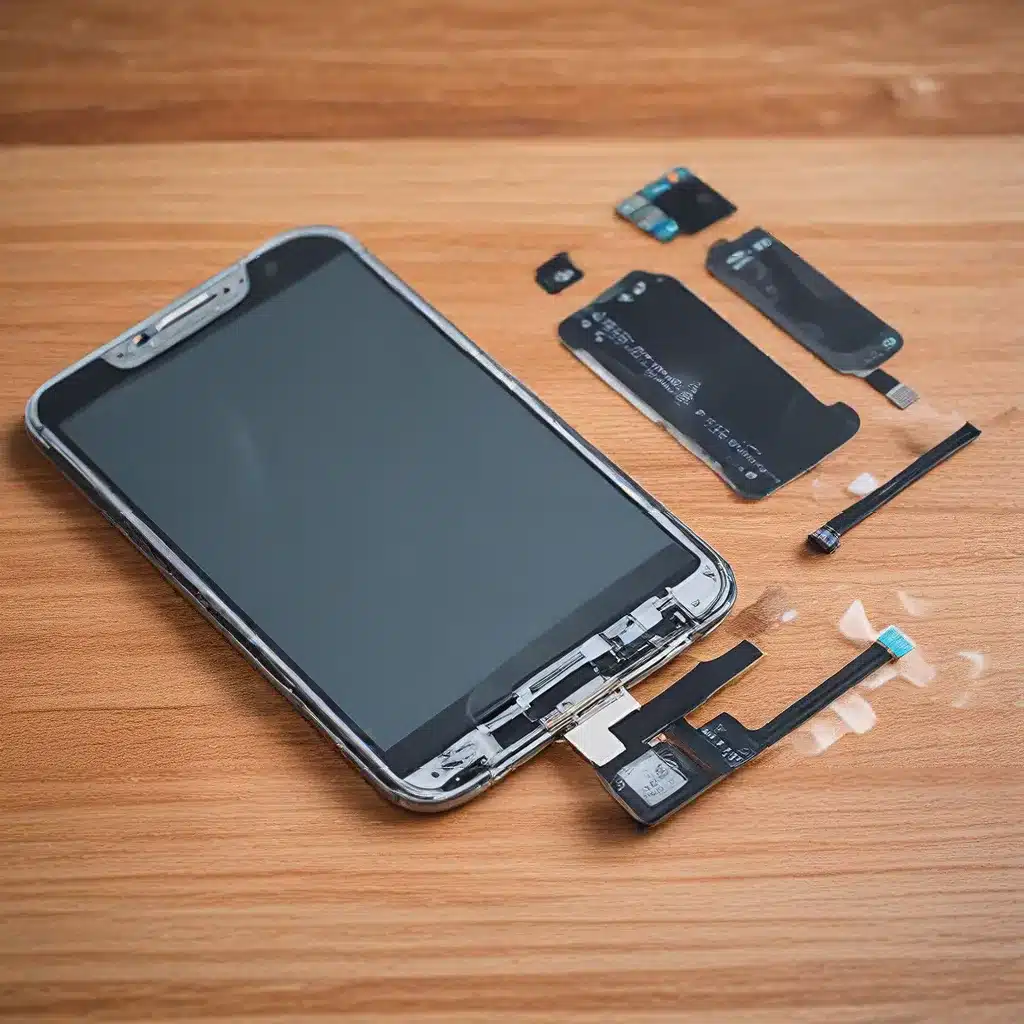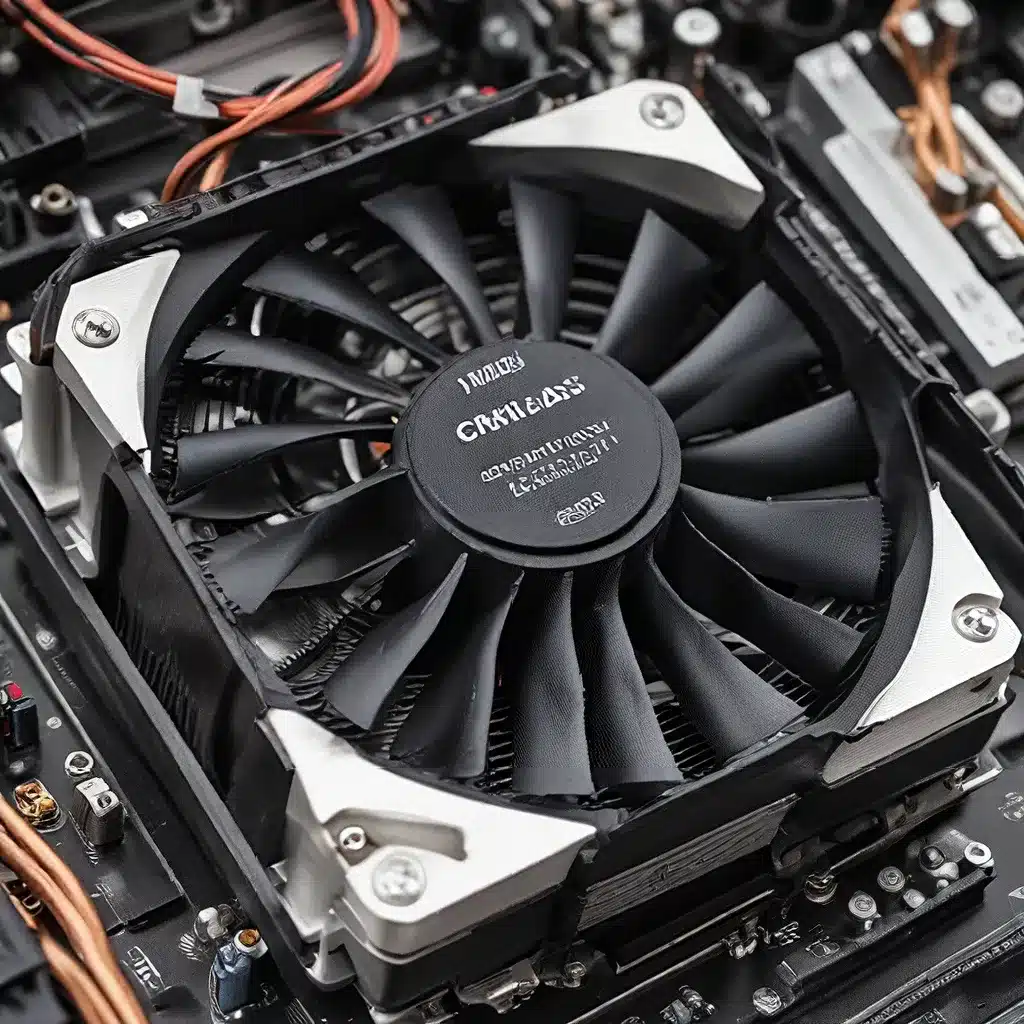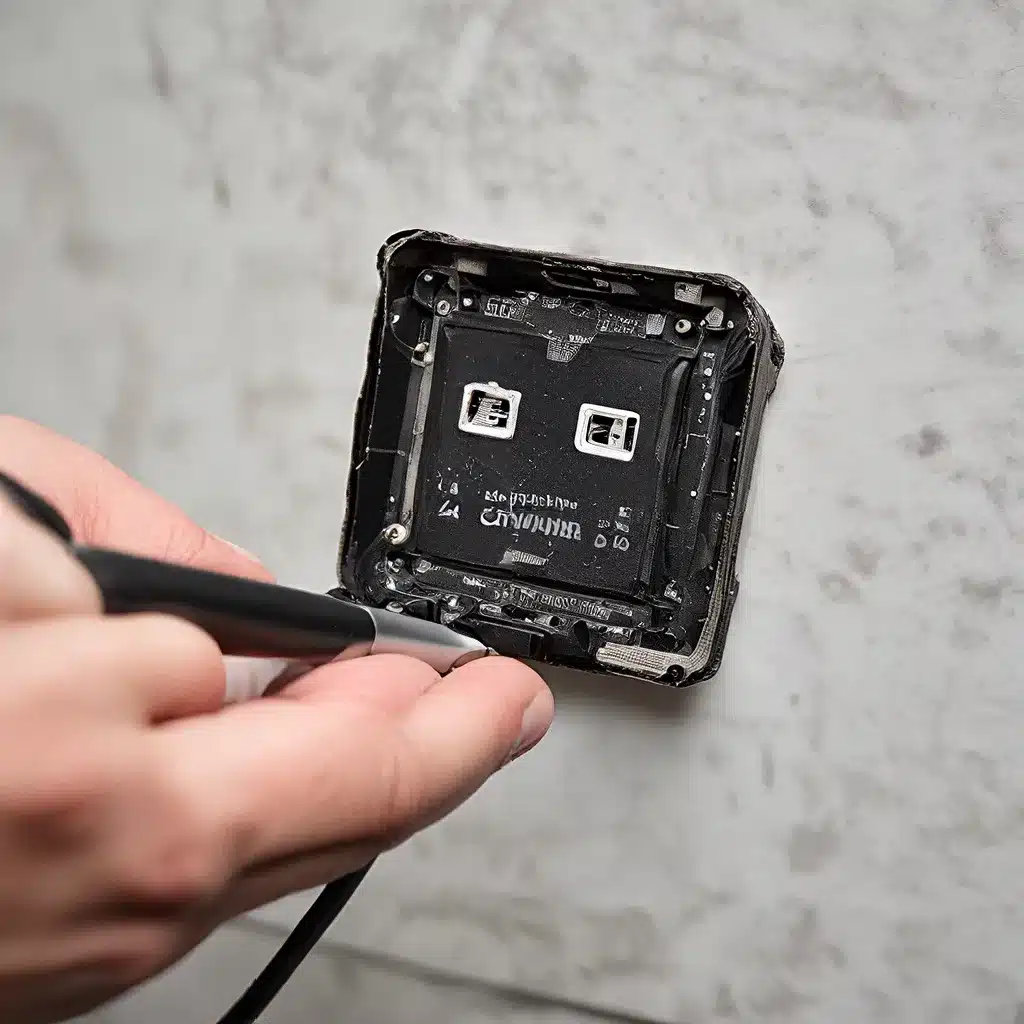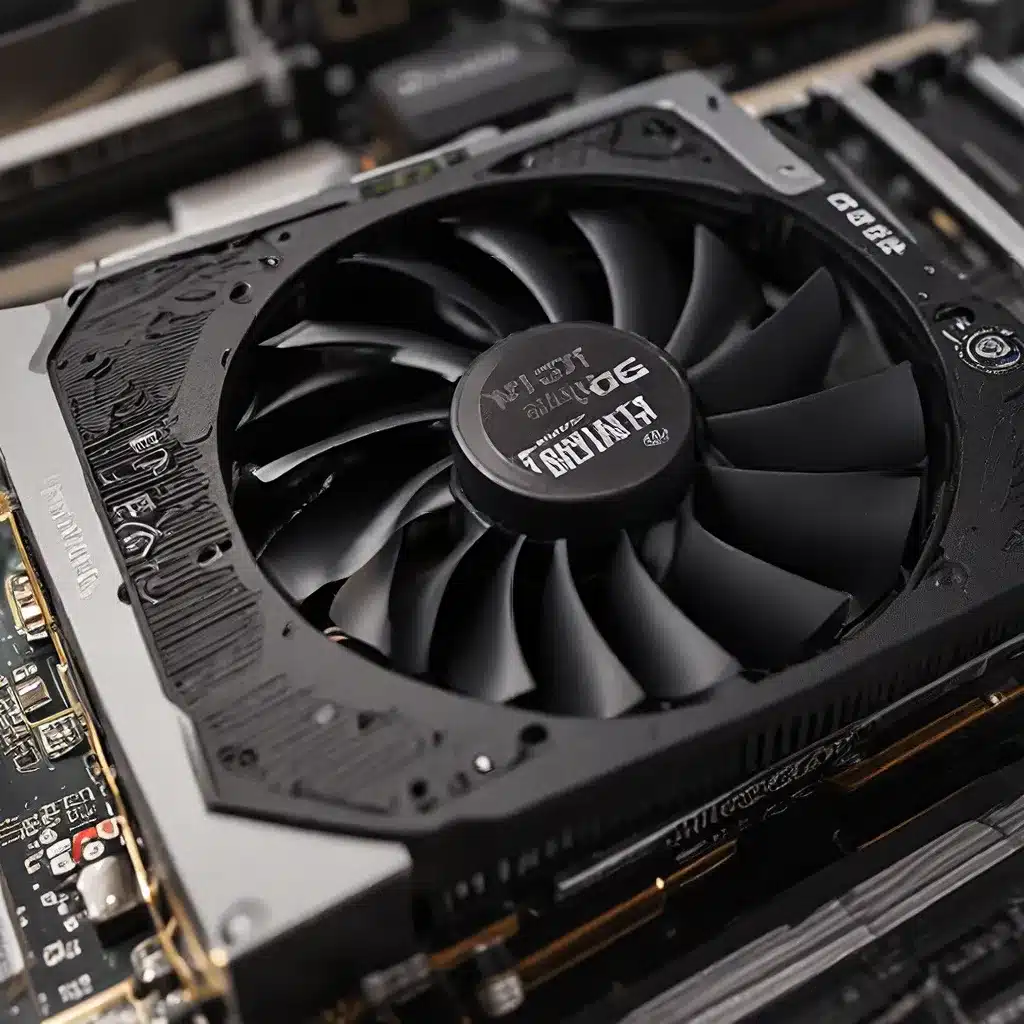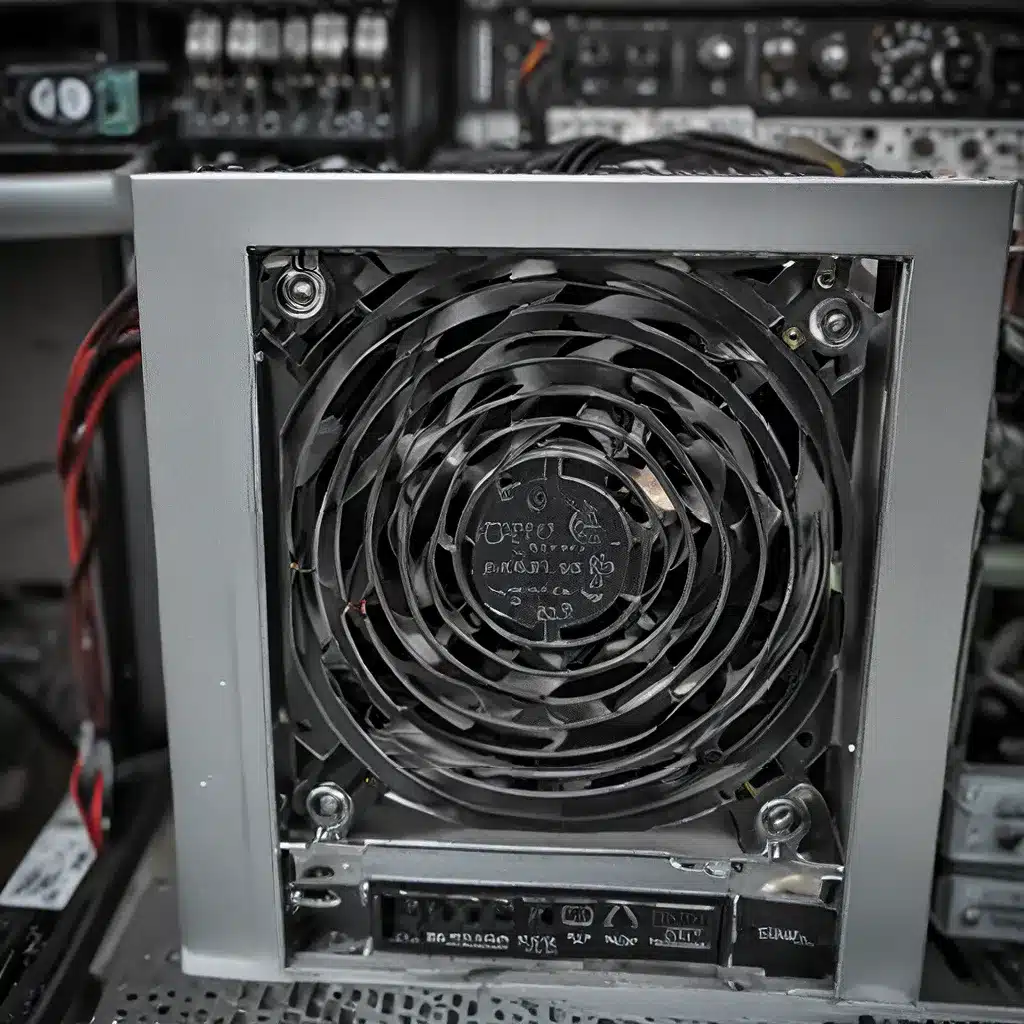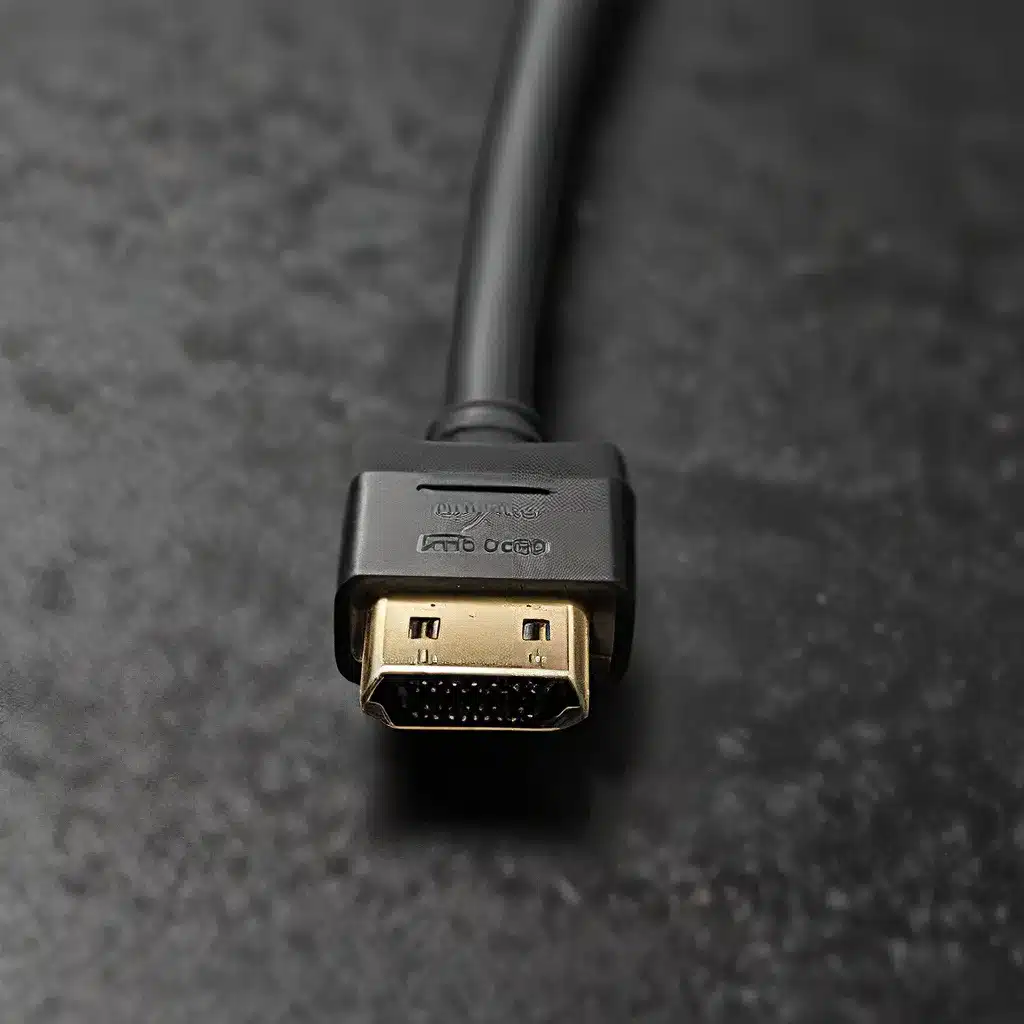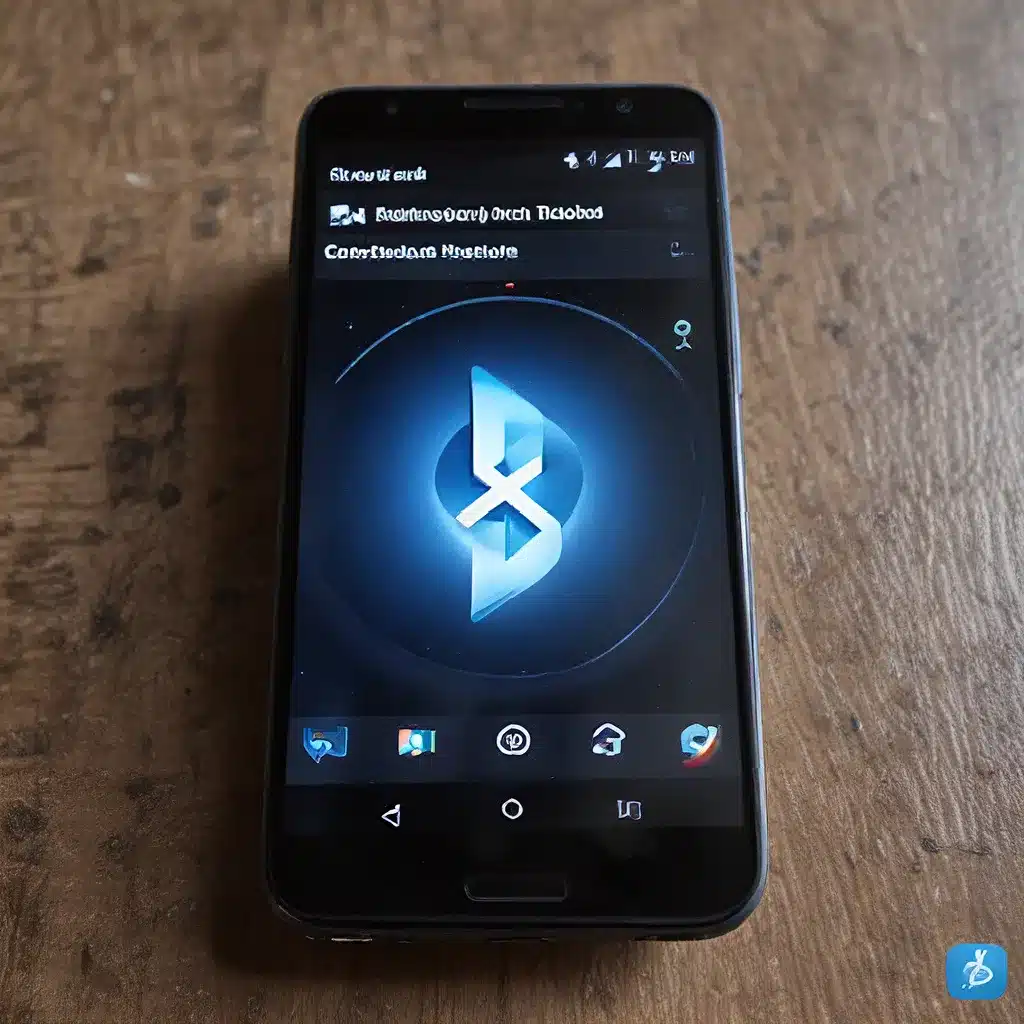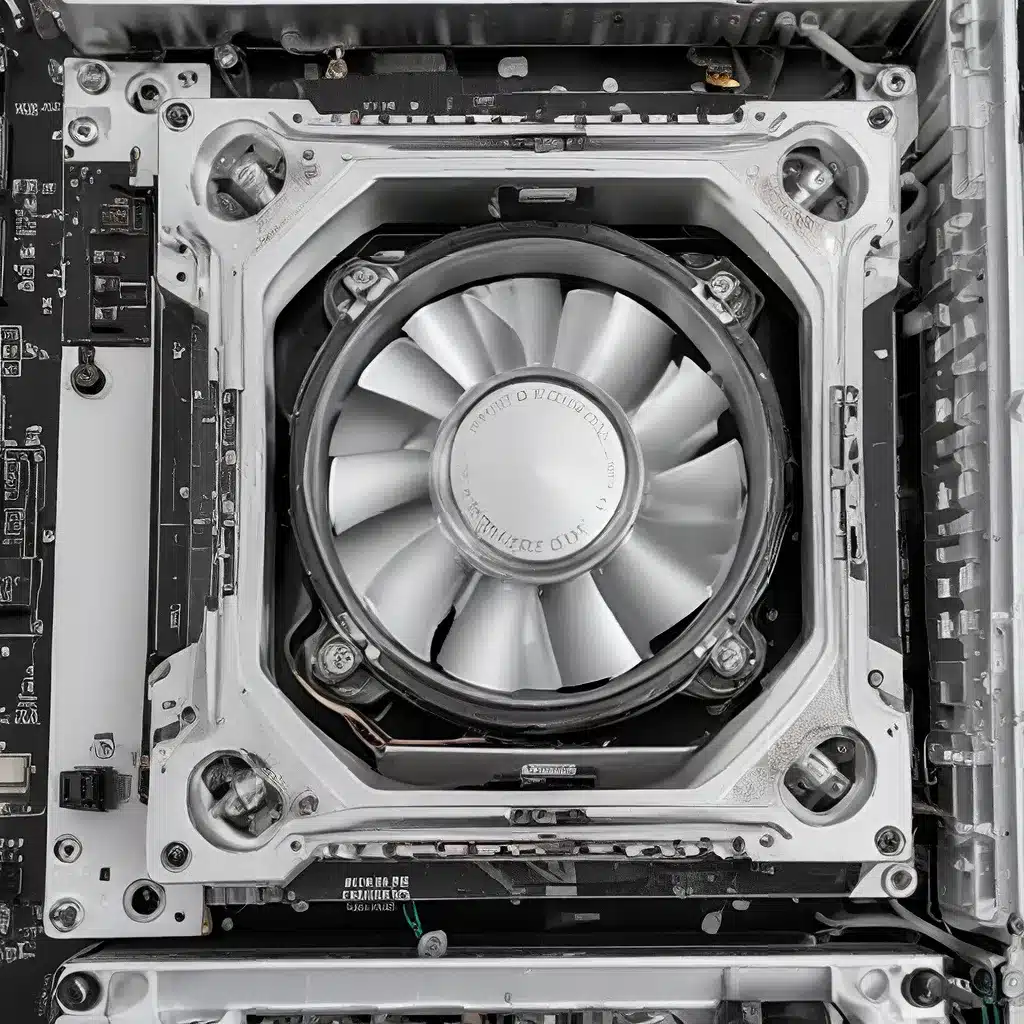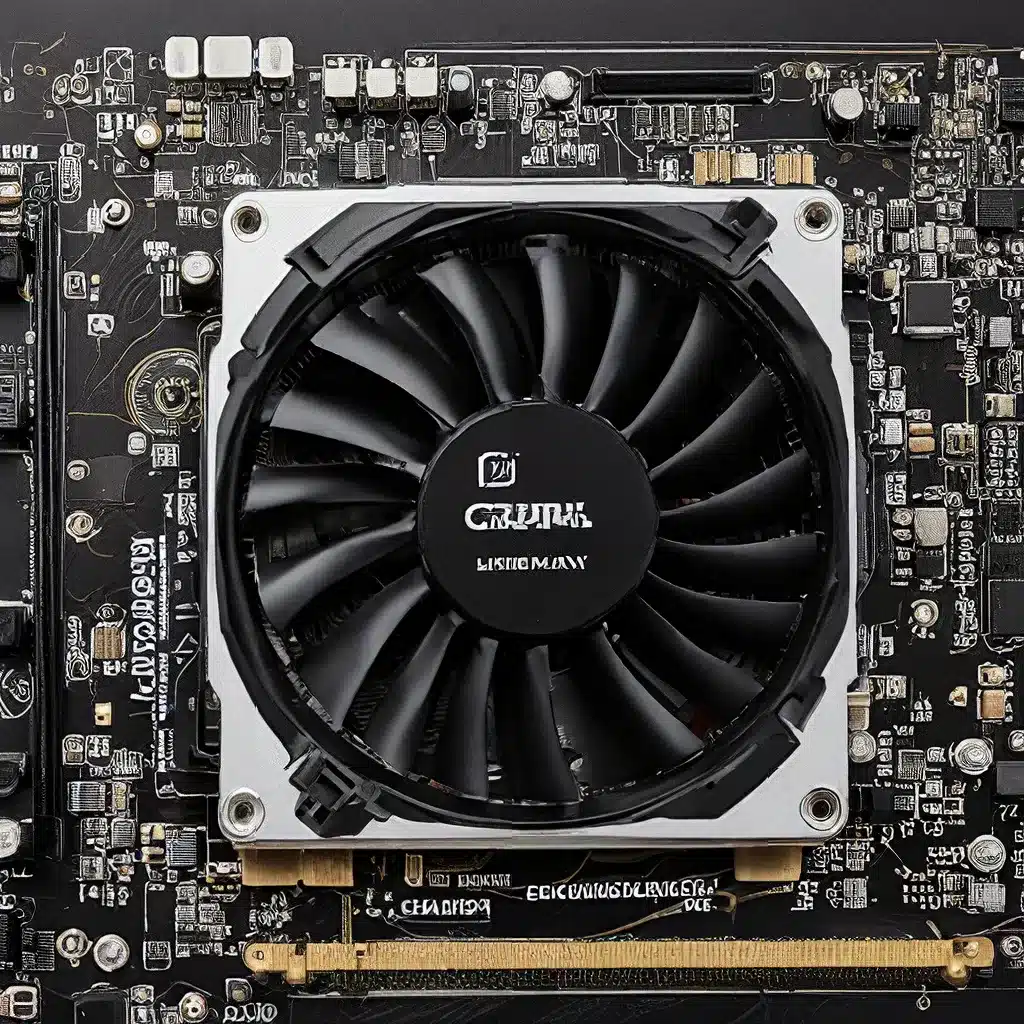Imagine this: You’re in the middle of an intense gaming session, your fingers dancing across the keyboard as you navigate treacherous virtual terrain. Suddenly, the lights flicker, and before you can react, your screen goes black. Your heart sinks as you realize a power outage has struck, potentially putting your precious computer and all its data at risk.
Power surges and outages are the bane of every tech-savvy individual’s existence. These unexpected electrical disturbances can wreak havoc on our beloved PCs, corrupting files, frying components, and leaving us in a state of panic. But fear not, my fellow computer enthusiasts! I’m here to share some invaluable tips and strategies to keep your rig safe and sound, no matter what the power grid throws our way.
The Perils of Power Disruptions
Power outages and surges are more than just inconvenient – they can be downright devastating for our PCs. A sudden loss of power can interrupt critical system processes, leading to file corruption and even complete system failure [1]. Imagine the horror of losing hours of unsaved work or, even worse, having your hard drive rendered unusable due to a “head crash” [2].
But the dangers don’t stop there. When the power finally returns, a surge in electrical current can overwhelm and fry the sensitive components within your computer, rendering it a lifeless, smoking shell [3]. It’s a bit like finding out your favorite chocolate cake has been nuked in the microwave – the result is never pretty.
Arming Yourself Against the Onslaught
Now that we’ve explored the dark side of power disruptions, let’s turn our attention to the light – the ways in which we can protect our precious PCs from these electrical storms. The key is to have a multi-layered defense system, each component playing a vital role in safeguarding your investment.
Surge Protectors: Your Electrical Bodyguards
First and foremost, you need to invest in a reliable surge protector. These unassuming devices are like the bouncers of the electrical world, standing guard at your wall outlets and filtering out any sudden, potentially damaging spikes in voltage [4]. Look for surge protectors with high joule ratings, as these can absorb more energy and provide better protection for your devices.
Uninterruptible Power Supplies: The Cavalry Arrives
But what about those pesky power outages? That’s where an uninterruptible power supply (UPS) comes in handy. These battery-backed devices kick into action the moment the lights go out, providing a temporary power source to your computer and other essential electronics [5]. This gives you time to save your work and shut down your system safely, preventing data loss and hardware damage.
Voltage Regulators: Smoothing Out the Bumps
If you live in an area with frequent voltage fluctuations, consider investing in a voltage regulator. These nifty gadgets constantly monitor the incoming electricity and make adjustments to maintain a stable, consistent power supply [6]. This helps protect your sensitive components from the wear and tear of intermittent brownouts and undervoltages.
Backup, Backup, Backup
Of course, no matter how much hardware protection you have, it’s always a good idea to back up your data regularly. Whether you use an external hard drive, cloud storage, or a combination of both, having a reliable backup system in place can mean the difference between a minor inconvenience and a full-blown disaster [7].
Weathering the Storm: Practical Tips
Now that you’ve got the essential hardware covered, let’s dive into some practical tips to help you weather the power outage storm.
Unplug During Downpours
When severe weather is on the horizon, take a proactive approach and unplug your computer and other valuable electronics from the wall. This will shield them from any unexpected surges that may travel through the power lines, like lightning strikes [8]. It’s a simple precaution that can save you a world of heartache.
Embrace the Portable Power
If you find yourself in the midst of a prolonged outage, consider switching to a laptop. These battery-powered wonders are immune to the whims of the electrical grid, allowing you to continue working or browsing without interruption [1]. Just be sure to keep an eye on that battery meter and have a plan for recharging when needed.
Invest in a Generator (If You Can)
For the true power-hungry enthusiasts, a backup generator might be a worthwhile investment. These beefy machines can keep your entire setup humming along, even when the rest of the neighborhood is in the dark [6]. Just be sure to follow all safety protocols and consult with a professional if you’re not familiar with generator installation and operation.
Weathering the Storm, Together
Power surges and outages may be a fact of life, but with the right tools and strategies, we can overcome these electrical challenges and keep our beloved PCs safe and sound. Remember, a little preparation and proactivity can go a long way in protecting your digital assets.
So, the next time the lights flicker and the fans go silent, don’t panic – take a deep breath, reach for your trusty surge protector, and know that you’ve got the power to weather the storm. Happy computing, my friends!
[1] https://www.makeuseof.com/effects-power-outages-can-computer/
[2] https://www.quora.com/How-can-you-protect-your-computer-from-electrical-sparks-and-surges
[3] https://answers.microsoft.com/en-us/windows/forum/all/i-had-a-power-outage-while-i-was-resetting-my/161f7dba-9a9c-4d87-a3e8-30c1ad0c759f
[4] https://www.cdw.com/content/cdw/en/articles/hardware/surge-protector-vs-power-strip-vs-ups.html
[5] https://www.reddit.com/r/buildapc/comments/i9l6ft/can_power_outage_damagekill_a_pc/
[6] https://www.reddit.com/r/buildapc/comments/nj598x/do_i_need_tohow_do_i_protect_my_pc_from_power/
[7] https://www.linkedin.com/advice/0/how-can-you-protect-your-computer-from-power
[8] https://www.quora.com/How-bad-is-it-for-your-PC-when-it-shuts-down-during-a-power-outage


